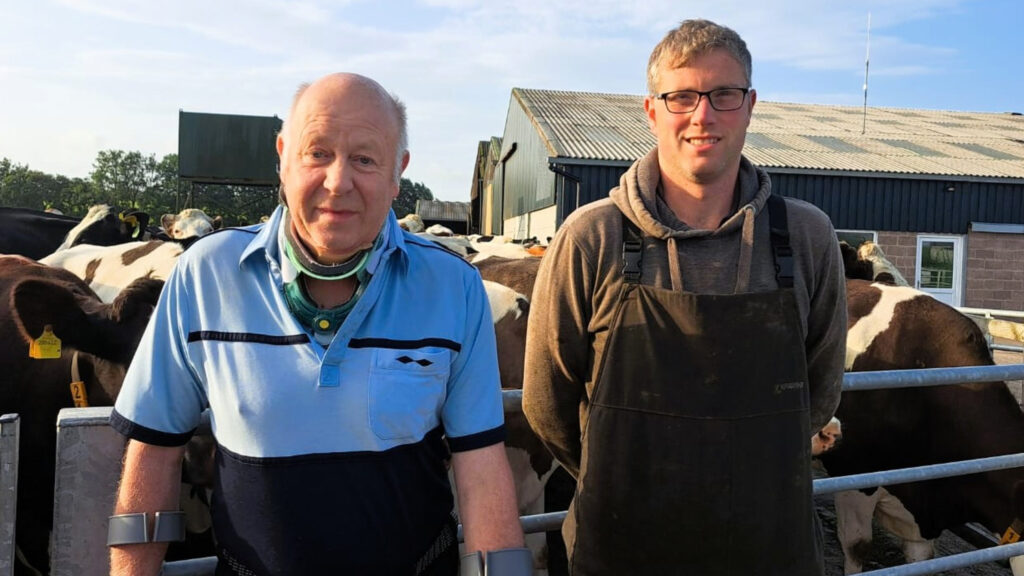Scot’s farm business threatened by unaffordable IHT
 Willie and Robert Campbell © Chris McCullough
Willie and Robert Campbell © Chris McCullough A 64-year-old Scottish farmer, who has invested decades of his life into building up the family’s Ayrshire farm up, says the Labour government’s proposed inheritance tax (IHT) will rip the heart out of his business.
Willie Campbell, from Low Holehouse Farm in Galston, says he feels “deeply betrayed” by the Labour government.
See also: Farm closures rise in Wales amid growing IHT concerns
Willie and his son Robert, 33, work the 550-acre dairy, beef and sheep farm with their respective wives Margaret and Rachel.
It has always been Willie’s ambition to hand a thriving farm over to his son, just as the generations before him did.
But, following last year’s Budget, he now faces a tax of 20% on agricultural assets over £1m.
That threshold could rise to £3m, if two parents are leaving a farm to their children and claiming all the other allowances.
But Willie reckons his farm is now worth double that.
He said: “I counted it up that 550 acres at a modest £6,000/acre is £3.3m. The 600 head of cattle is worth over £300,000 and machinery over £1m.
“Our houses and farm infrastructure are easily worth another £750,000, so all told our farm could be worth £6m.
“What people need to realise is that figure does not mean we are wealthy. It simply means the tools we need to produce food for this country are very expensive.”
Return on investment
Willie puts his return on investment at anything from zero to 5%, depending on the year.
Yet the government will be seeking 20% tax on at least half the value of the farm. That equates to £600,000 on the £3m estimated residual value.
“There is no way we could stay in business under those financial constraints, even more so with our costs of production climbing each year,” he says.
“Even if IHT has to be paid over the suggested 10-year timeframe, there is no way the figures stack up.
“The government said this could be paid back interest free, but that is wrong as we would have to pay interest on the money we would need to borrow to pay the IHT,” he adds.
“Our main goal in handing over the farm to our son, is to hand over a viable business that he can work to provide for his family.”
With the average turnover of a generation on a farm being 30 years, Robert would have to spend the first third of his farming career paying off a huge tax bill, hampering his ability to invest in the farm to make it more efficient for the future.
